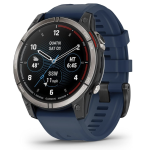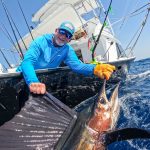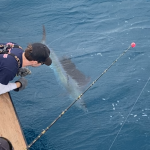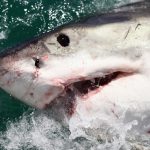[et_pb_section bb_built=”1″][et_pb_row][et_pb_column type=”4_4″][et_pb_text _builder_version=”3.22.7″ text_text_shadow_horizontal_length=”text_text_shadow_style,%91object Object%93″ text_text_shadow_vertical_length=”text_text_shadow_style,%91object Object%93″ text_text_shadow_blur_strength=”text_text_shadow_style,%91object Object%93″ link_text_shadow_horizontal_length=”link_text_shadow_style,%91object Object%93″ link_text_shadow_vertical_length=”link_text_shadow_style,%91object Object%93″ link_text_shadow_blur_strength=”link_text_shadow_style,%91object Object%93″ ul_text_shadow_horizontal_length=”ul_text_shadow_style,%91object Object%93″ ul_text_shadow_vertical_length=”ul_text_shadow_style,%91object Object%93″ ul_text_shadow_blur_strength=”ul_text_shadow_style,%91object Object%93″ ol_text_shadow_horizontal_length=”ol_text_shadow_style,%91object Object%93″ ol_text_shadow_vertical_length=”ol_text_shadow_style,%91object Object%93″ ol_text_shadow_blur_strength=”ol_text_shadow_style,%91object Object%93″ quote_text_shadow_horizontal_length=”quote_text_shadow_style,%91object Object%93″ quote_text_shadow_vertical_length=”quote_text_shadow_style,%91object Object%93″ quote_text_shadow_blur_strength=”quote_text_shadow_style,%91object Object%93″ header_text_shadow_horizontal_length=”header_text_shadow_style,%91object Object%93″ header_text_shadow_vertical_length=”header_text_shadow_style,%91object Object%93″ header_text_shadow_blur_strength=”header_text_shadow_style,%91object Object%93″ header_2_text_shadow_horizontal_length=”header_2_text_shadow_style,%91object Object%93″ header_2_text_shadow_vertical_length=”header_2_text_shadow_style,%91object Object%93″ header_2_text_shadow_blur_strength=”header_2_text_shadow_style,%91object Object%93″ header_3_text_shadow_horizontal_length=”header_3_text_shadow_style,%91object Object%93″ header_3_text_shadow_vertical_length=”header_3_text_shadow_style,%91object Object%93″ header_3_text_shadow_blur_strength=”header_3_text_shadow_style,%91object Object%93″ header_4_text_shadow_horizontal_length=”header_4_text_shadow_style,%91object Object%93″ header_4_text_shadow_vertical_length=”header_4_text_shadow_style,%91object Object%93″ header_4_text_shadow_blur_strength=”header_4_text_shadow_style,%91object Object%93″ header_5_text_shadow_horizontal_length=”header_5_text_shadow_style,%91object Object%93″ header_5_text_shadow_vertical_length=”header_5_text_shadow_style,%91object Object%93″ header_5_text_shadow_blur_strength=”header_5_text_shadow_style,%91object Object%93″ header_6_text_shadow_horizontal_length=”header_6_text_shadow_style,%91object Object%93″ header_6_text_shadow_vertical_length=”header_6_text_shadow_style,%91object Object%93″ header_6_text_shadow_blur_strength=”header_6_text_shadow_style,%91object Object%93″ z_index_tablet=”500″]
Article Courtesy: billfish.org | Originally Published: December 17, 2019 | Please click here for original article.
The Billfish Foundation (TBF) is looking for anglers and crews interested in tagging tuna in the Northern Atlantic. TBF is working with scientists from the Atlantic Ocean Tropical Tuna Tagging Program (AOTTP) to learn more about certain tuna species. This program, which is part of the International Commission for the Conservation of Atlantic Tunas (ICCAT), looks to study key aspects of bigeye, skipjack, and yellowfin tuna life history and movements in the Atlantic Ocean.
The AOTTP partners with scientists and commercial and recreational tuna fishermen to tag tropical tuna with AOTTP-specific conventional and/or electronic tags throughout the Atlantic. The data generated from these tags will be essential in improving understanding of these important species, which will enhance fisheries management and promote sustainability of the stocks. Given the status of the stocks, data on tropical tunas are desperately needed to preserve fishing opportunities in the western North Atlantic.
As part of the AOTTP, Dr. Walt Golet from the University of Maine and the Gulf of Maine Research Institute will be working with colleagues at other institutions to deploy conventional tags on bigeye, skipjack, and yellowfin tuna in the western North Atlantic from Canada to Venezuela, including the Gulf of Mexico and the Caribbean. This program has been extended from ending January of 2020 to being active through September of 2020. If you are interested in participating in the AOTTP project, simply contact Dr. Walt Golet (walter.golet@maine.edu). He will provide you with more information on how to become involved in this free program. Just provide your contact information and mailing address and they will send you all the necessary information, instructions, and materials to start tagging tuna for free.
Please remember these tag are only for big eye, skipjack and yellowfin tuna. We ask that you do not tag (deploy) these on any other species.
Every fish tagged will not only allow you to become involved in important scientific research, but also give you a chance to win one of 20 individual cash prizes totaling more than $39,000 that will be awarded at the end of the project.
For more information visit the AOTTP page.
To stay up-to-date on all things billfish and highly migratory species, become a member, subscribe to our monthly newsletter, and follow us on social media, @TheBillfishFoundation.
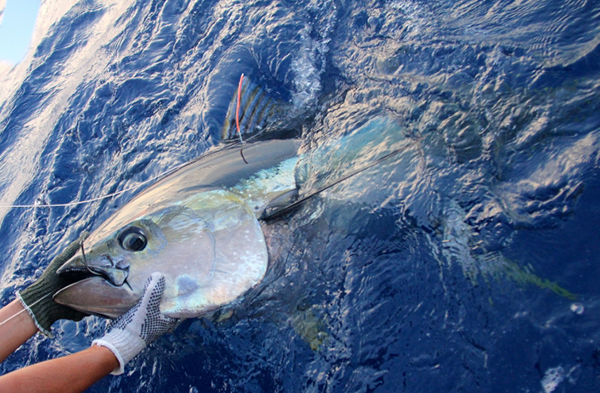
Above: Photo courtesy of Trey Russo/Miles Charlesworth
[/et_pb_text][/et_pb_column][/et_pb_row][/et_pb_section]


